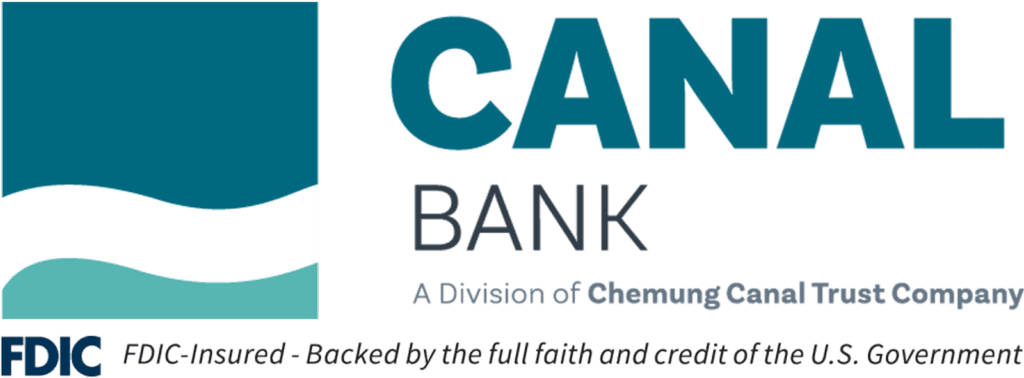Many people believe that Certificates of Deposit (CDs) are always the better choice for saving due to their higher interest rates. However, this isn’t universally true; it really depends on your financial situation and goals. Understanding the differences between CDs and traditional savings accounts can help you make a more informed decision. Are you prepared to lock up your funds for a set period, or do you need immediate access to your cash?
Understanding Certificates of Deposit (CDs)
When you consider saving options, understanding Certificates of Deposit (CDs) becomes crucial. CDs offer several benefits, including higher interest rates compared to traditional savings accounts, making them an attractive choice for long-term savings. However, it’s essential to be aware of CD penalties associated with early withdrawals, which can erode your earnings. One strategy to maximize returns while minimizing penalties is CD laddering, where you stagger multiple CDs with varying maturity dates. This approach allows you to access some funds without losing interest on your long-term investments. Ultimately, understanding CD maturity periods and how they affect your overall CD interest can help you make informed decisions about your savings strategy.
Exploring Traditional Savings Accounts
After weighing the benefits of CDs, it’s important to consider traditional savings accounts, which serve as a more flexible option for managing your money. These accounts typically offer lower interest rates than CDs, but they adapt better to interest rate trends, allowing you to withdraw funds without penalties. One of the key savings account benefits is their role in emergency fund strategies, ensuring quick access to cash when needed. When choosing between online and traditional banks, you may find higher interest rates and lower account maintenance fees with online options. However, traditional banks often provide in-person services. Balancing convenience and returns is essential when deciding which type of savings account fits your financial needs best.
Key Differences in Interest Rates
While both certificates of deposit (CDs) and traditional savings accounts provide a place to store your money, their interest rates differ significantly, which can impact your earnings over time. When you conduct an interest rate comparison, you’ll find that CDs typically offer higher rates due to their fixed terms. This can help offset inflation impact on your savings. Additionally, consider the compounding frequency; savings accounts often compound interest monthly, while some CDs compound quarterly or even annually. Keep an eye out for promotional rates that can offer attractive returns for new accounts. However, be aware of penalty implications with CDs, as early withdrawal can lead to forfeited interest, unlike savings accounts that usually allow for more flexible access to your funds.
Access to Funds: Liquidity Considerations
Access to funds is a critical factor to consider when evaluating certificates of deposit (CDs) and savings accounts, as each option presents different levels of liquidity. Savings accounts offer significant liquidity benefits, allowing you to access your funds whenever necessary, making them ideal for emergency funds and managing cash flow. On the other hand, while CDs generally provide higher interest rates, they come with withdrawal penalties if you need to access your money before the term ends. This can limit your financial flexibility, as you may face unexpected costs during the CD’s duration. Ultimately, your choice should reflect your need for immediate access versus the desire for higher returns, balancing liquidity with your long-term financial goals.
Terms and Conditions of CDs vs. Savings Accounts
When choosing between CDs and savings accounts, understanding the terms and conditions that govern each option is vital. CDs often require higher minimum deposits compared to savings accounts, locking your funds for specific maturity terms, usually ranging from a few months to several years. Interest calculations for CDs are typically fixed, providing predictable returns. However, if you need access to your funds before maturity, withdrawal penalties can significantly impact your earnings. Savings accounts, on the other hand, offer more flexibility with fewer restrictions, but they may have lower interest rates and account fees that can erode your savings. Evaluating these factors will help you make an informed decision based on your financial goals and liquidity needs.
Risk Factors and Insurance Coverage
Understanding the risk factors and insurance coverage associated with CDs and savings accounts is essential for safeguarding your financial assets. Conducting a thorough risk assessment helps you gauge how market volatility might affect your investments. While both options generally offer financial safety, CDs come with fixed terms that reduce exposure to market fluctuations, enhancing investment security. Savings accounts, however, are more liquid but may be subject to varying interest rates and less predictable returns. It’s crucial to know the insurance limits provided by the FDIC, which protects your deposits up to $250,000 per institution. This coverage can offer peace of mind, ensuring that your funds are safe, regardless of economic conditions. Balancing these factors can help you make informed decisions.
Choosing the Right Option for Your Financial Goals
How do you determine which financial product best aligns with your goals? Start by assessing your financial objectives. If you need quick access to your money for emergency funds, a savings account is likely the better choice, as it offers liquidity without penalties. However, if you’re aiming for long-term growth and can commit to a fixed investment timeline, a CD may be more suitable due to its interest compounding benefits. Also, consider tax implications; interest from CDs might be taxed differently than from savings accounts, impacting your overall returns. Evaluate how each option fits your immediate needs versus long-term aspirations to make an informed decision that supports your financial wellbeing.





